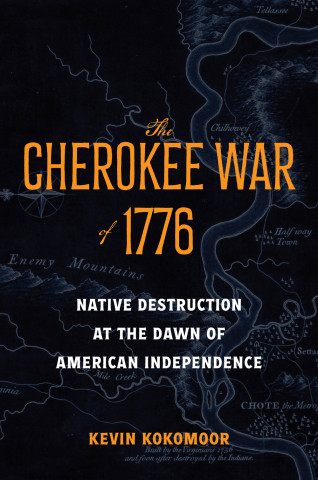
Reviews
This is a serious, detailed, and convincing account with few unexplored avenues... Recommended. All academic levels/libraries.
... very excellent and elegantly written...
Ryerson’s book suggests that acquainting ourselves with the intellectual journey of John Adams enables us to appreciate a neglected jewel of our national inheritance. If we have inherited a liberal tradition, we have also inherited an anti-oligarchic one.
... polished...
Ryerson mines the great body of Adams's writings... with thoroughness and scholarly empathy. The comprehensiveness and rigor of Ryerson's analysis set new standards for how we approach the constitutional and political theorists of the era of the American Revolution.
No scholar is more qualified to capture the 'whole' Adams. Richard Ryerson has mastered the biographical details of Adams's public and private life, as well as the trajectory of his thought. More than a study of one man, this book is an insightful narrative of the founding of the nation.
Book Details
Preface
Acknowledgments
Introduction
Part One. Adams Moves to the Center
1. A Provincial Reverence for the British Constitution, 1735–1767
2. The Discovery of the Republic, 1768–1772
3. Realm versus
Preface
Acknowledgments
Introduction
Part One. Adams Moves to the Center
1. A Provincial Reverence for the British Constitution, 1735–1767
2. The Discovery of the Republic, 1768–1772
3. Realm versus Dominion, 1773–1774
4. From Imperial Dominion to Autonomous Republic, 1774–1775
5. Building a Republican Orthodoxy, 1775–1776
Part Two. Adams on His Own
6. Defending Executive Authority, 1775–1780
7. An Education in American Aristocracy, 1775–1783
8. Redefining the Republican Tradition, 1784–1787
9. John Adams's Republic in Republican America, 1787–1800
10. A Retrospective Retirement, 1801–1826
Conclusion
Republican Revolution
Notes
An Essay on Sources
A Chronology of John Adams's Political Study and Writings
Index






